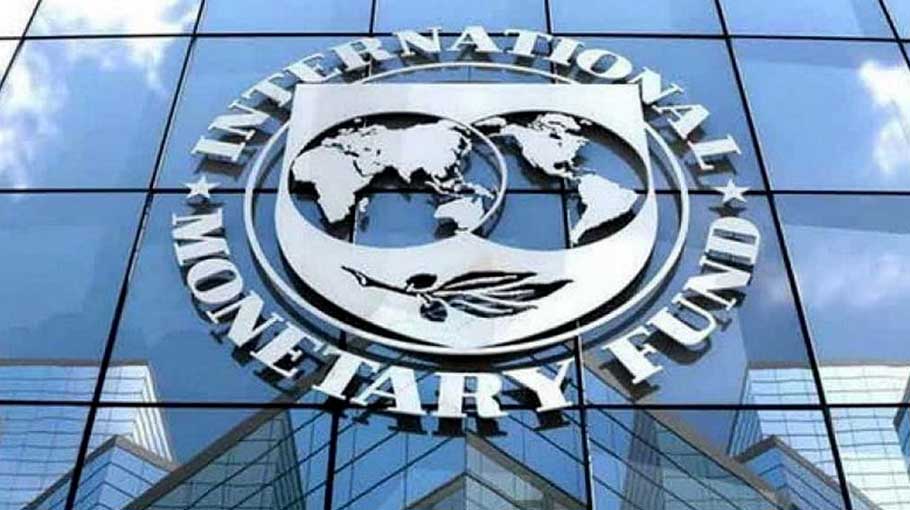IMF suggests fiscally sustainable investment plans to address climate change

To address the impact of climate change, the International Monetary Fund (IMF) has laid emphasis on carefully costed and fiscally sustainable investment plans for Bangladesh to attract donor finance.
"As the climate financing needs are large, a combination of domestic and external funding (financed in large part with donor support) is needed. While climate change is being covered in all recent long-term national plans, Bangladesh seems to have limited fiscal space-especially post-COVID-19-making it challenging to accommodate large scale and costly climate resilient investment. Carefully costed and fiscally sustainable investment plans are needed to attract donor finance," said IMF's Mission Chief for Bangladesh Rahul Anand through an email interview.
Being one of the most climate-vulnerable countries, Bangladesh has taken several steps to mitigate the impact of climate change, a key risk to future growth, including launching a US$200 million Green Transformation Fund (GTF) to provide low-rate long-term financing for purchases of more efficient, cleaner machinery and equipment in all exports sectors, he mentioned.
"Bangladesh Bank (BB) issued Policy Guidelines for Green Banking for banks in 2011 and Non-Bank Financial Institutions in 2013, which covered the formulation of green banking policy, governance and the creation of a Climate Risk Fund (CRF) in every financial institution," he added.
At less than 10 percent, he noted that Bangladesh's tax revenue-to-GDP ratio remains low, constraining the government's ability to increase spending on resilient infrastructure, as well as reducing loss and damage by adapting the infrastructure to climate change.
Therefore, he said, improving revenue collection-by expanding the tax base and modernizing tax administration-remains a priority.
Transitioning to more risk-based credit evaluation, he said, lending and supervision will help to strengthen the financial landscape to channel climate financing. Reform priorities include strengthening banking regulation and supervision, improving corporate governance and reforming legal systems.
Rahul Anand said the authorities are amending several laws and acts to strengthen the financial sector, and it will be important to align them with best international practices.
"Reforms to improve the business environment and deepen capital markets will be critical to attract Foreign Direct Investment (FDI) and debt financing," he continued.
He said the NSC pricing reforms would help to develop the government bond market and early implementation of carbon taxation slated for FY25 in the eighth five-year plan, could leverage private finance by signaling environmental commitments.



